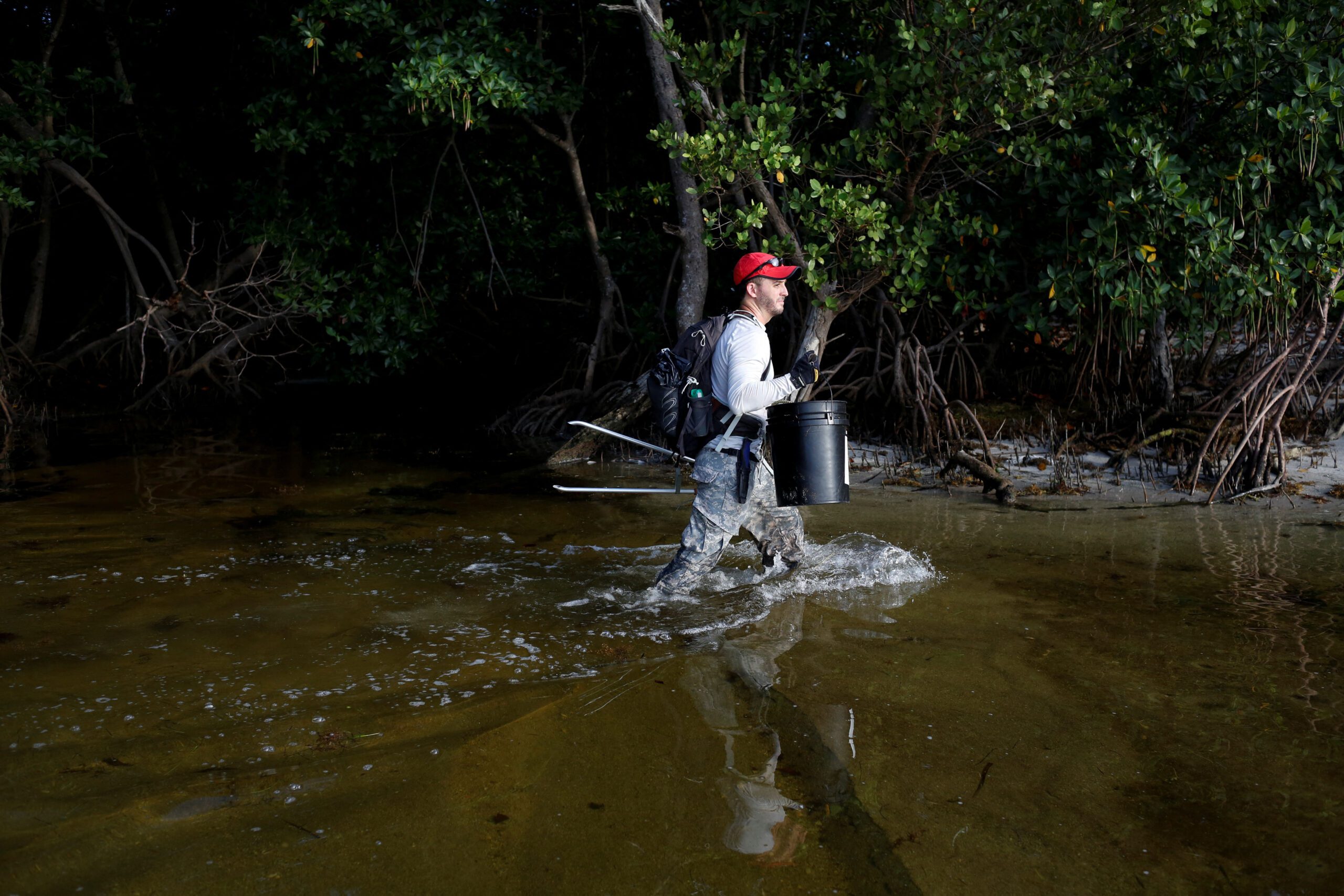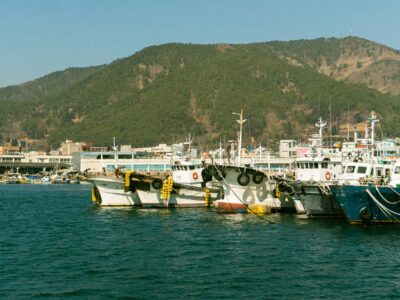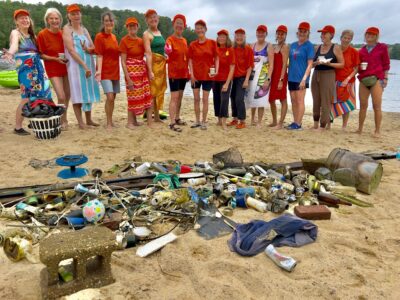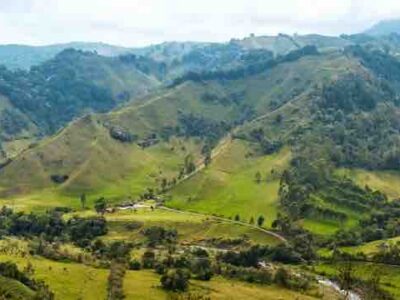KEY BISCAYNE, July 14 (Reuters) – After years of watching trash build up in mangroves on the Florida Keys off his native Miami, Andrew Otazo began hauling out garbage to raise awareness about an ecosystem he has been enjoying since he was a teenager.
The public relations professional and self-described “amateur mangrove trash collector” has over the past five years removed over 10 tons (20,000 pounds) of waste from barrier islands including Key Biscayne and from the surrounding waters.
“As I got older and I learned more about the importance of the mangroves as a keystone ecosystem, I realized how much damage it was doing to local wildlife,” said Otazo, 35, in an interview in Key Biscayne, where he now lives.
On a walk through the Bear Cut Preserve in Key Biscayne’s Crandon Park on Wednesday, Otazo collected debris from what was once a makeshift camp used by a fugitive hiding from the law.
He hauled away trash ranging from a small Cuban flag to a camping chair.
Otazo acknowledges that stomping through mangroves and carrying bags of fetid trash on his back is not a long term solution to the problem – but says his work has gotten the attention of Miami residents and local politicians.
The trash primarily comes from litter thrown onto streets in the Miami area that washes into storm drains and ends up floating into Biscayne Bay, says Otazo.
Local authorities would need to install trash-trap systems on storm drains to prevent it from washing up into the mangroves in the first place.
“Hopefully at some point policy makers will fix this problem,” he said. “I’ll be out here until I’m physically incapable of doing this.”
An endurance athlete and open ocean swimmer, Otazo once completed a marathon while carrying 35 pounds of trash strapped to a backpack to raise awareness of the problem. He has also collected trash while free diving.
The debris on the barrier islands runs the gamut from syringes and used diapers to furniture and mirrors.
“I’ve found enough car parts to build my own F-150 if I wanted to,” Otazo said, referring to a popular model of Ford pick-up trucks. “You name it. If humanity makes it, I have found it in the mangroves.”
Reporting by Maria Alejandra Cardona and Brian Ellsworth, Editing by William Maclean





